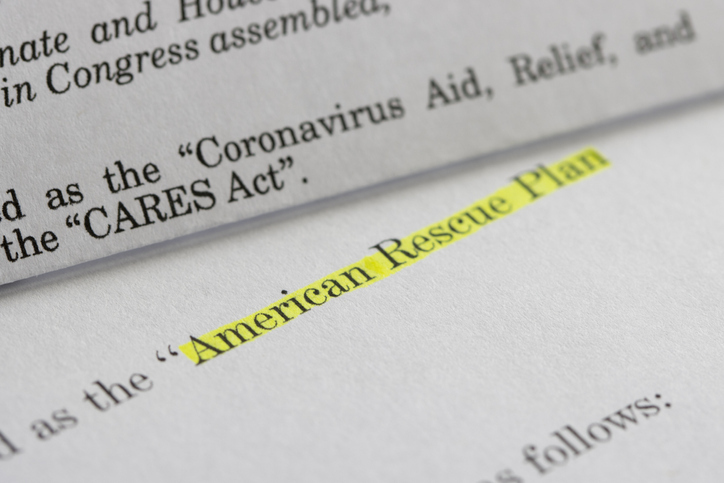
The $600 Question: Which Furloughed or Laid Off Employees Are Eligible for Enhanced Unemployment Benefits Under the CARES Act?


As the COVID-19 crisis wreaks havoc around the world, the economic impact of the pandemic is forcing employers to make difficult but necessary decisions to reduce pay or hours or to lay off or furlough employees. While the hope is that these changes will be temporary, many employers want to know what resources and assistance may be available for their affected employees. These decisions are forcing many employees to apply for unemployment compensation benefits. Importantly, state unemployment benefits remain the primary form of assistance to these employees, and employers should direct their laid off or furloughed workers to file for this benefit at the time that the furlough or layoff becomes effective.
Last Friday, March 27, 2020, President Trump signed the long-awaited two plus trillion-dollar stimulus package known as the Coronavirus Aid, Relief, and Economic Security (“CARES” or the “Act”) Act into law. The CARES Act provides significant financial relief to both employers and employees affected by the COVID-19 outbreak. Arguably the most widely discussed aspect of the bill is the “Relief for Workers Affected by Coronavirus Act,” which significantly enhances the unemployment assistance benefits available to workers whose jobs have been affected by COVID-19.
The CARES Act provides an additional $600 in federally-funded dollars each week to the unemployment compensation benefit of each eligible worker. The Act refers to this enhanced benefit as Federal Pandemic Unemployment Compensation (“FPUC”). Each state wishing to take advantage of these additional federal dollars must enter into an agreement with the Secretary of Labor, agreeing to implement certain requirements under the Act. In states which ‘opt in’ to these agreements, eligible individuals will automatically receive the additional $600 per week on top of their state unemployment benefits through July 31, 2020. This means that employees laid off or furloughed prior to the effective date of the CARES Act will receive the FPUC once it begins, as well as those who apply for benefits later.
For example, in Connecticut, an individual who is eligible for the maximum weekly unemployment benefit would receive a total of $1,249, broken down as follows:
$649 (Maximum CT Weekly Benefit) + $600 (FPUC) = $1,249 total weekly benefit.
Individuals will receive the additional $600 if they qualify for benefits under either their state unemployment insurance program or the Pandemic Unemployment Assistance (“PUA”) Program. The PUA Program expands eligibility requirements for certain individuals (such as independent contractors, self-employed, gig workers, etc.) who might otherwise be ineligible under their state’s own program (depending on whether they had qualified for benefits by paying into the unemployment compensation system).
Of course, unemployment benefits are taxable and must be included in income for the year in which they are received and affected employees should also be on the lookout for a Form 1099-G from the IRS.
Employers should also familiarize themselves with the Families First Coronavirus Relief Act (“FFCRA”), which we previously summarized in detail in a March 19, 2020 client Alert. Under the FFCRA, most private employers with fewer than 500 employees and many government employers (boards of education, municipalities, etc.), must provide emergency paid sick leave and expanded Family and Medical Leave Act (FMLA) benefits to various classes of employees directly or indirectly impacted by the Coronavirus outbreak. The FFCRA goes into effect April 1, 2020.
Please contact any of our Employee Benefits attorneys if you have any questions about the CARES Act or the FFCRA.